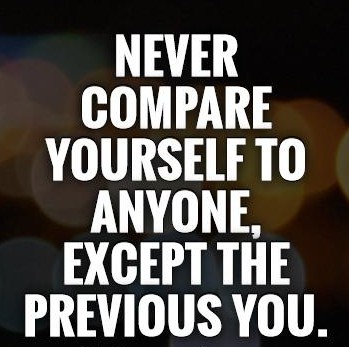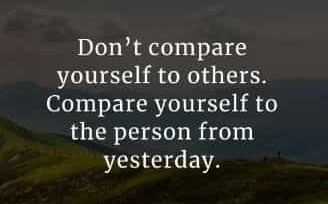Introduction:
Self-improvement is a continuous journey of enhancing oneself emotionally, intellectually, and physically. It involves adopting new habits, acquiring new skills, and consistently striving to become a better version of oneself. This timeless pursuit has evolved through various techniques and philosophies over the ages.
The Origins of Self-Improvement:
Core Philosophical Principles:
Stoicism (Ancient Greece and Rome): Focuses on personal virtue, wisdom, and self-discipline. Prominent figures include Marcus Aurelius and Seneca.
Confucianism (China): Emphasizes personal and governmental morality, proper social relationships, and justice.
Buddhism (India): Focuses on attaining enlightenment via meditation, ethical behavior, and wisdom.
Practices for Body and Mind:
Yoga (Ancient India): Integrates physical postures, breathing techniques, and meditation to enhance mental and physical well-being.
Martial Arts (Asia): Techniques such as Kung Fu, Judo, and Taekwondo enhance physical strength, discipline, and mental fortitude.

From the Middle Ages to the Renaissance:
Spiritual and Religious Development:
Christian Monasticism: Emphasized self-discipline, prayer, and communal living for personal development
Islamic Sufism: Promotes soul purification through love, asceticism, and spiritual practices
Expanding Intellectual Horizons:
Renaissance Humanism: Emphasized the potential for individuals to attain excellence through education and the arts.
Modern Era: 19th to 20th Century:
Advancements in Psychology:
Sigmund Freud: Pioneered psychoanalysis, highlighting the critical role of the unconscious mind in shaping personal development.
Carl Jung: Pioneered analytical psychology, emphasizing the integration of the conscious and unconscious mind
Empowerment Movement:
Dale Carnegie: Authored “How to Win Friends and Influence People,” offering actionable guidance for achieving personal and professional success.
Norman Vincent Peale: Advocated for the transformative power of positive thinking for personal growth.

Modern Techniques:
Mindfulness & Meditation:
Mindfulness-Based Stress Reduction (MBSR): Integrates mindfulness meditation and yoga to alleviate stress and enhance overall well-being.
Transcendental Meditation: Utilizes a mantra to attain profound relaxation and enhanced awareness.
Cognitive and Behavioral Strategies:
Cognitive Behavioral Therapy (CBT): Aims to transform negative thought patterns to enhance emotional regulation and create effective coping strategies.
Neuro-Linguistic Programming (NLP): Focuses on enhancing communication and personal growth by analyzing language and behavior patterns.
Physical Health & Fitness:
Contemporary Fitness Regimens: Embrace diverse methodologies like CrossFit, Pilates, and High-Intensity Interval Training (HIIT) to boost physical well-being and endurance.
Nutritional Awareness: Highlights the significance of a balanced diet and its effects on health and performance
Online Tools and Resources:
Mobile Applications: Platforms such as Headspace for meditation, Duolingo for language acquisition, and MyFitnessPal for nutritional monitoring support personal development.
Online Courses: Platforms such as Coursera, Udemy, and Khan Academy provide an abundance of courses for skill enhancement.

Conclusion:
Self-improvement is a lifelong journey demanding dedication, self-awareness, and a readiness to change. From ancient philosophies to modern digital tools, numerous methods exist to enhance oneself. Embracing a holistic approach encompassing physical, mental, and emotional growth allows for continuous improvement and a fulfilling life.
